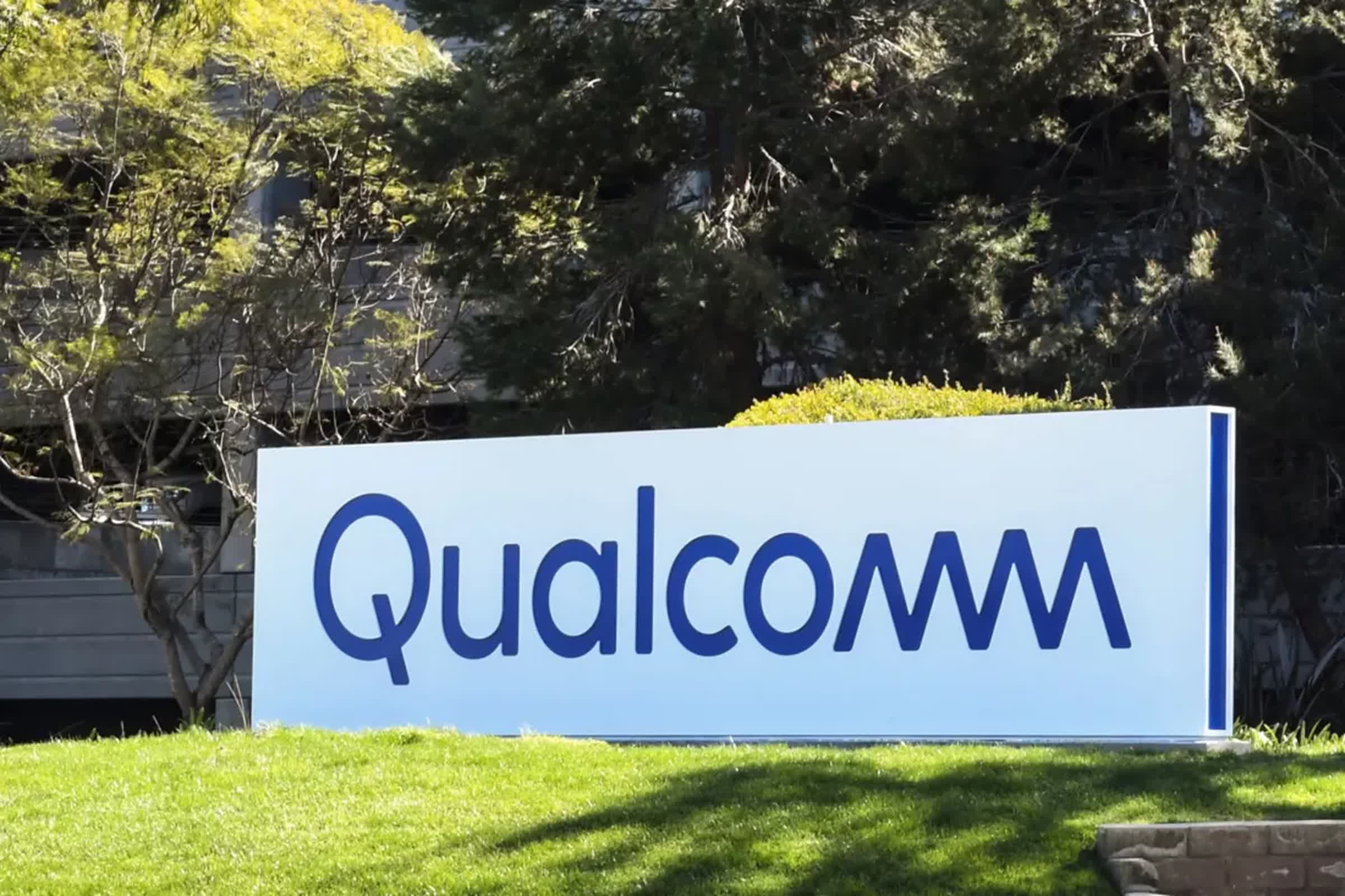What just happened? In a significant legal development, Qualcomm has won a critical trial against Arm Holdings regarding a contested chip technology license. The trial, held in a federal court in Delaware, focused on Qualcomm’s $1.4 billion acquisition of the startup Nuvia in 2021 and its subsequent use of Arm’s chip architecture.
The jury delivered a verdict on Friday, stating that Qualcomm did not violate its terms of agreement with Arm when utilizing the newly acquired technology in its chips without incurring a higher licensing fee. This ruling is particularly impactful as Arm’s chip designs and instruction sets form the backbone of operations for numerous leading technology companies globally.
However, the ruling was not entirely in Qualcomm’s favor. The jury determined that Qualcomm had not breached its licensing agreement, yet they remained undecided on whether Nuvia, the acquired startup, had breached its license agreement with Arm. Judge Maryellen Noreika suggested that legal representatives may pursue a retrial on this unresolved matter in the future.

Qualcomm welcomed the verdict, asserting it as a recognition of their right to innovate. They highlighted that the jury confirmed Qualcomm’s contract with Arm encompasses all the Qualcomm products mentioned in the case. This outcome enables Qualcomm to maintain its sales of chips integrated with Nuvia’s technology, crucial for expanding into the AI market. The company aims to develop laptop chips capable of executing advanced tasks like running chatbots and rendering image generators, setting the stage to compete with other major tech entities like Nvidia, AMD, and MediaTek, which also plan to manufacture Arm-based processors for similar functions.
The core of the legal dispute was an argument over royalty fees. Initially, Nuvia had committed to paying higher fees for Arm’s technology compared to Qualcomm. Following Qualcomm’s acquisition of Nuvia, it adopted the startup’s technology into chips under its lower-rate license agreement with Arm. This action led Arm to argue that Qualcomm was obliged to renegotiate its agreement with Nuvia post-acquisition.
While Qualcomm is celebrating its triumph, Arm has announced its intent to seek a retrial. The outstanding issue involves the transferability of chip design licenses during acquisitions, a frequent occurrence in the fast-evolving semiconductor sector. A retrial might offer further insights into the limits of licensing agreements and their applicability in acquisitions, establishing vital precedents for future industry deals. Until further developments, companies engaged with Arm-based technologies must navigate cautiously.